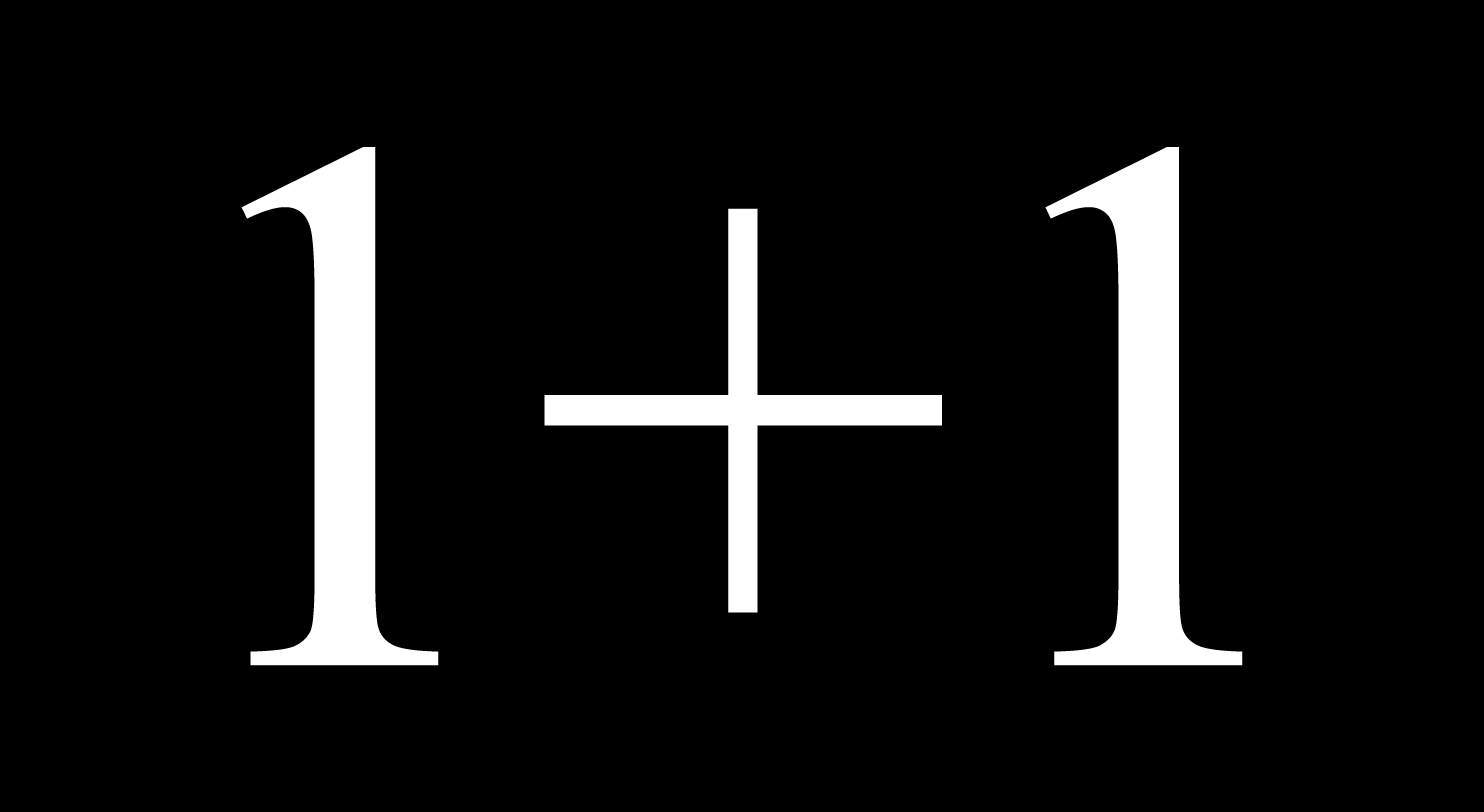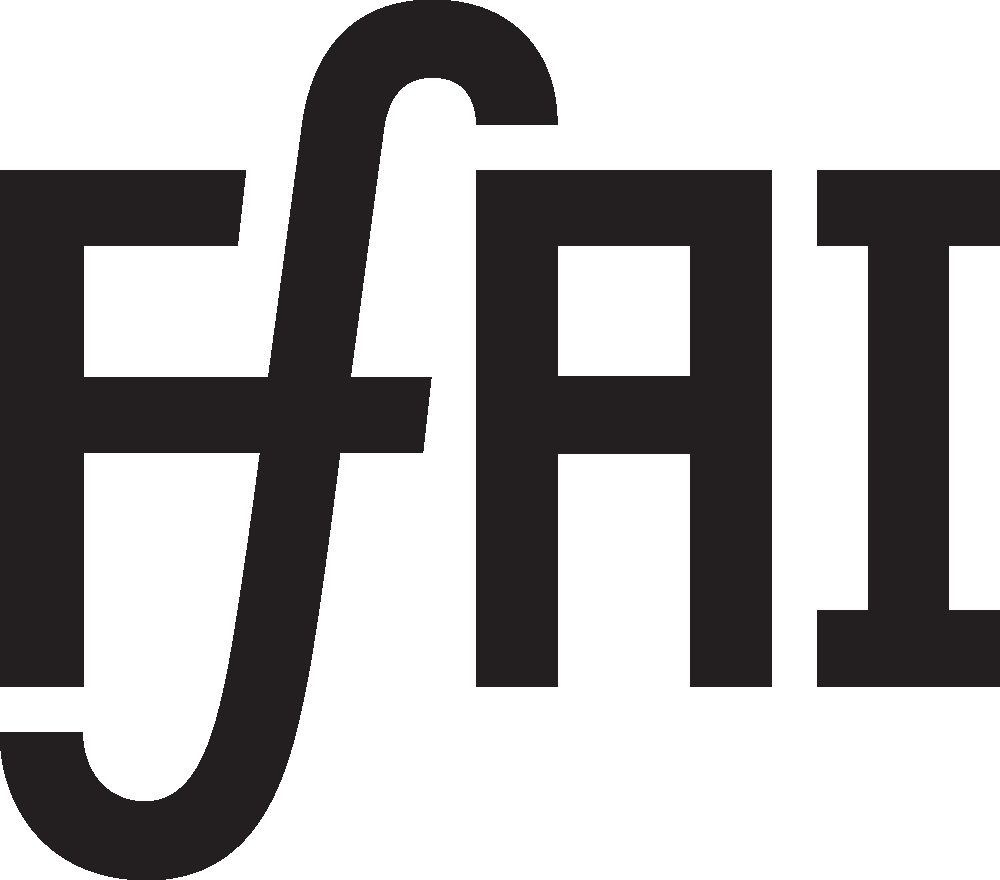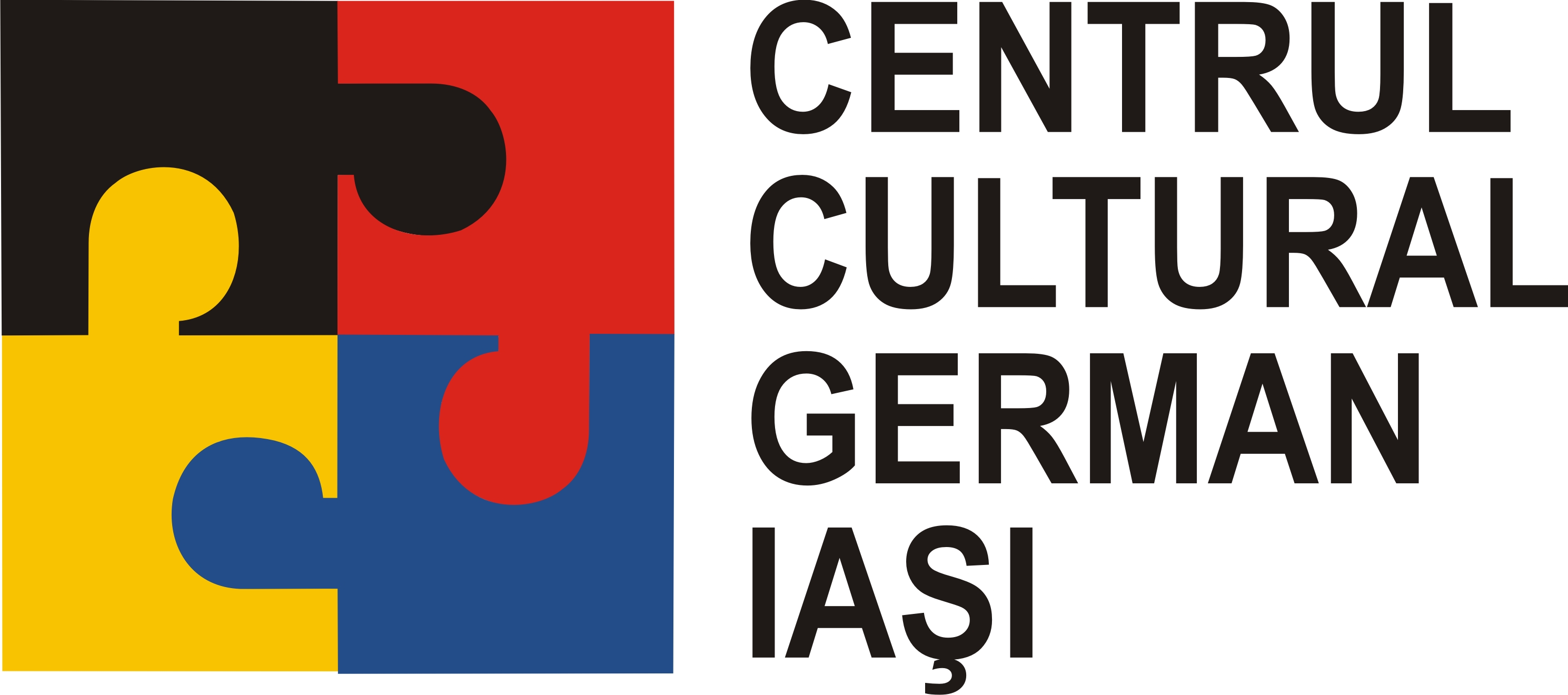No Justice No Peace
Ines Doujak and John Barker
In a covered box with a hole in the top will lie some sample stones on which letters from the words “Conditions of Peace” will be stamped.
At the entrance/cash desk to each exhibition people coming as audience are invited to put their hand in the box and pull out one of the stones with a letter printed on it.
In the main room an attendant/performer l takes their stone and reads from a book a short text written in response to interviews on the concept of Peace and that is attached to that particular letter. The ‘theme’ of these is No Justice, No Peace and that phrase itself will correspond to one of the Ns in ‘Conditions of Peace.’ They are then invited to place the stone where other stones have been placed. This is not just a co-operative act but one which in many parts of the world including Europe has been used to mark walking routes in terrain without roads.
The letters on the stones will correspond to CONDITIONS OF PEACE but each accompanying text is translated into the language of where each exhibition is. And added to the book. At the end of each particular exhibition the stones can be sent on or new ones stamped in the next location. The intention is that new stones are continually added in the course of the exhibitions journey.
The text titles are:
C Capitalism O Opportunity N No Justice No Peace D Debt I Identity T Time I Infection
O Oligarchy N Nationalism S Solidarity O Opinion F Fortress Europe P Problem
E Exclusion A Armchair Spartans C Community E Essential
Ines Doujak and John Barker have made a series of works on labour, logistics and exploitation in a globalised world in which the dirty footprints of colonialism are made visible. These have appeared in exhibitions and Biennals all over the world including Dhaka Sao Paulo, Korea and Kochi as well as across Europe.
D Debt. Once upon a time debtors and lenders might be considered equally responsible when the burden of debt became great, some time impossible. At Bretton Woods in 1944 an attempt was made to restore the principle between nations. It was shot down. In 2010 when Greek national debt became unpayable German and French armament makers were still demanding the country honour and pay for ordered submarines and fighter planes so the Greek people as collective debtors paid the price of a lost decade and massive youth emigration. In some languages debt and guilt are the same word. Individually it’s easy to be foolish but then people and poor countries have been encouraged to borrow, and as in the case of Africa and Latin America the 1980s suddenly find the dollar interest rate has increased and made that debt endless. Individuals too have been encouraged, take that holiday of a lifetime now, the banks were saying until recently and besides it was your duty to consume to keep the economy running. But once in debt you’re on your own. It’s your fault! You are financially incontinent! You should be resisting temptation! Well before COVID 19 personal debt was at record levels all over the world. For many now without a job and having to borrow for basic survival there’s no way off the treadmill. Or who knows, that mountain of debt might just implode.










